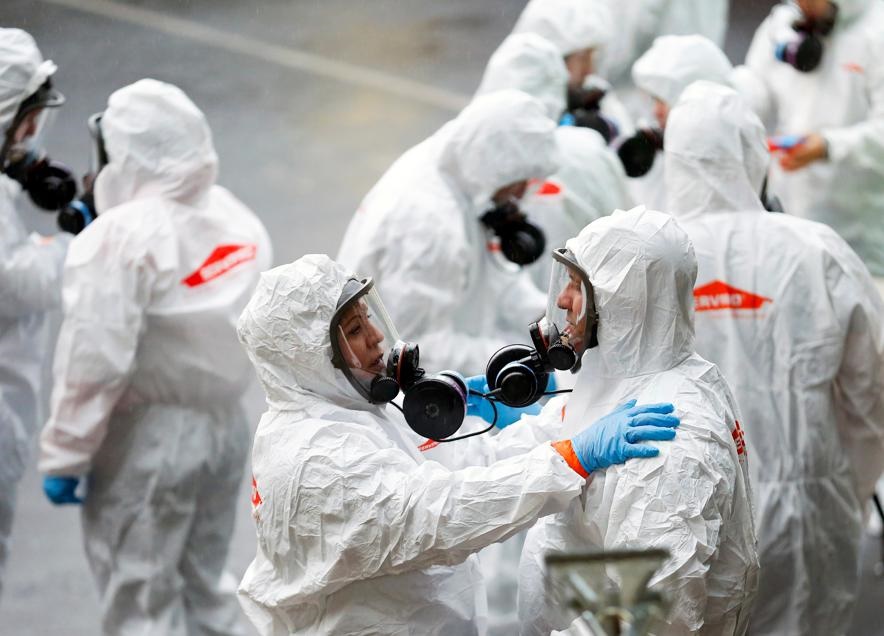
News about the Covid-19 coronavirus pandemic is everywhere. After initially breaking out in the Chinese city of Wuhan, the pandemic has spread to several countries around the world, including South Africa where the first case was reported in Durban last week.
News reports have been awash with new outbreaks of the deadly virus in countries such as Italy, the US, Iran, Nigeria, Egypt and South Africa.
With the confirmation of the first Covid-19 case in Durban on March 5, subsequent cases have been reported in Cape Town and Johannesburg, it is clear that this pandemic is on our doorsteps.
The virus seems to be spreading fast, particularly because it is airborne and can be easily spread via contaminated surfaces.
So, what does this mean for South African employers to ensure that they maintain safe working environments amid the onslaught of Covid-19?
Well, the World Health Organisation (WHO) has released a some helpful guidelines on its website, for employers worldwide to adopt and implement, so as to minimise the spread of the virus and prevent workers from being infected.
The WHO has established that the virus can be spread through droplets from an infected person on surfaces in the workplace such as desks, tablets, computers or telephones.
For employees working out of the office, there are attendant risks of being infected from other infected people. So it is imperative that the employer takes the necessary preventative measures to ensure that the employees have the necessary tools to protect them.
- Reduce working days for employees showing symptoms of or complaining of illness;
- Ensure that all work surfaces are clean and hygienic. These include desks, tables, computer keyboards and telephones, which should be wiped with disinfectants regularly;
- Promote regular hand-washing by employees, contractors and customers. A great way of ensuring this is to install, in common and prominent areas, automatic hand sanitiser dispensers if the employer can afford them. For small businesses, normal spray or squeeze bottles should suffice;
- Display posters to promote hand-washing. These can be downloaded from www.who.int;
- General meetings with staff and the health safety officers if available, but otherwise for small companies, you as an employer can get your hands on relevant information from the WHO website and brief your staff on preventive measures and general workplace hygiene;
- You can also promote good respiratory hygiene in the workplace. This may include, but is not limited to, encouraging staff to put on face masks, where this may be practically possible and necessary, particularly for employees constantly in contact with the public. There are also downloadable guidelines on how to use and dispose of face masks on the WHO website;
- For travelling employees, employers must advise them to consult national travel advice before taking the trips. It is recommended that employers limit trips outside the country, particularly to areas where the virus has spread, this includes areas where there have been recent reports of the Ebola virus; and
- Lastly, when you have clients coming over for meetings or your employees are attending meetings elsewhere, consider using alternative methods of meeting, thanks to technological advancements in the communication industry.
However, in case the alternatives are not available or simply not practical, consider ways to prevent the spread of the virus by using any of the means stated above. Also consider alternative ways of greeting other than shaking hands.
Employers are strongly advised to also keep records of all clients who attend meetings at your workplace in order for health authorities to trace possible sources of the virus, should someone be infected.
However, whatever the circumstances, it is highly recommended that South African employers take the initiative to ensure that the potential spread of the virus is prevented while at the same time upholding their duty to ensure and maintain safe working environments for their employees.




 Publications
Publications
 Partners
Partners









